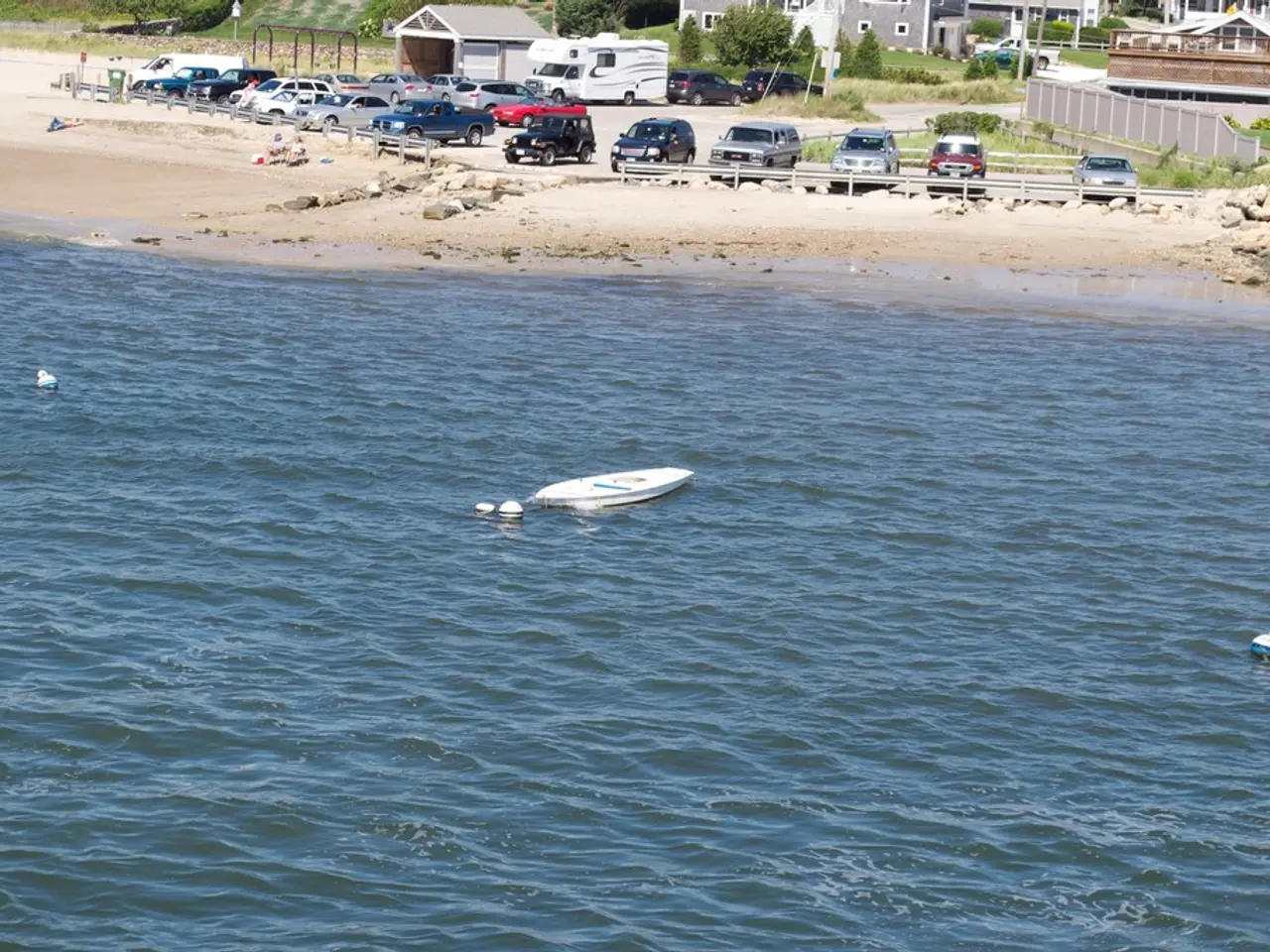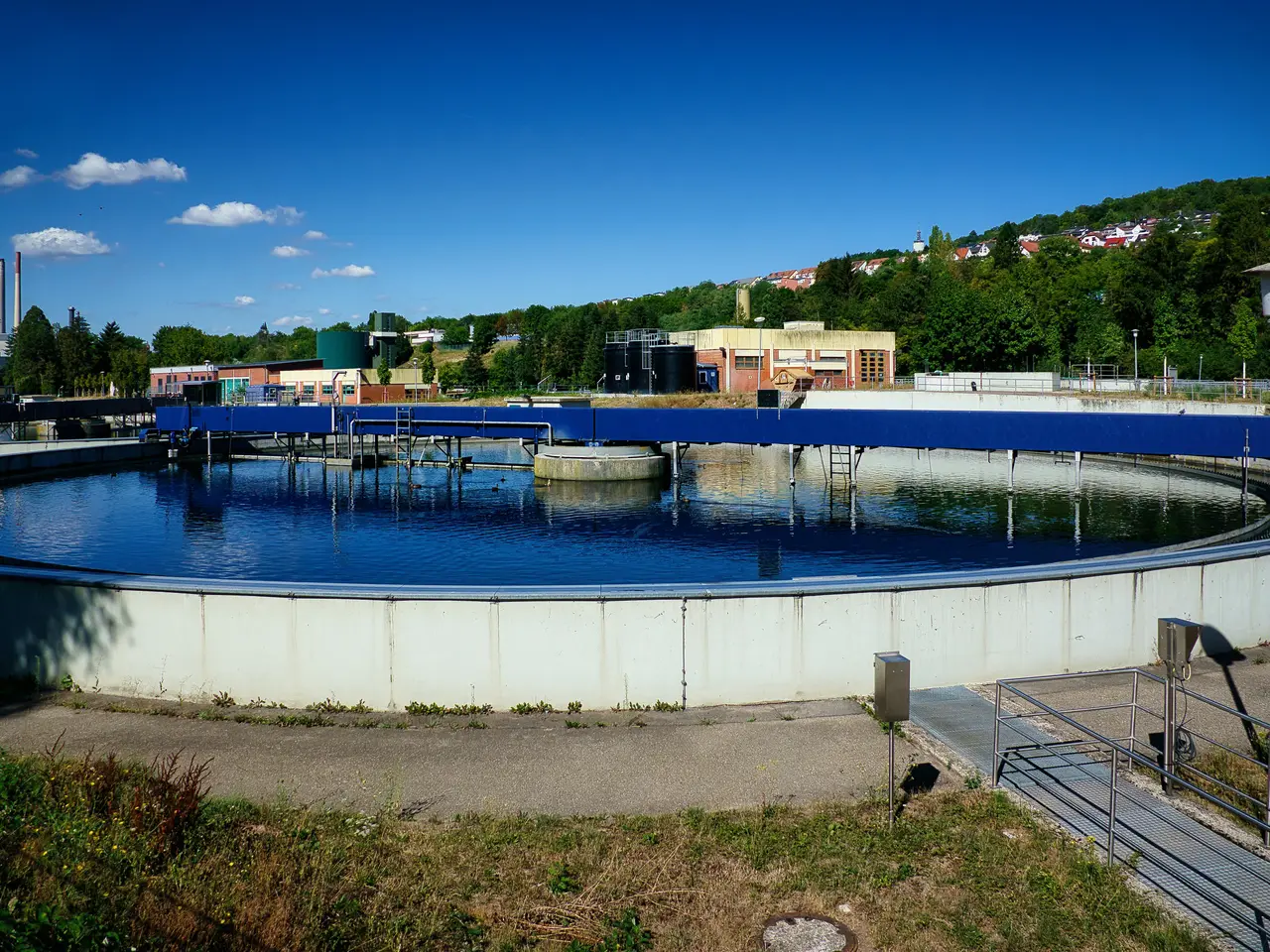Frustration escalating due to extended lockdown periods
In early January 2023, the Kiel Canal, the world's busiest artificial waterway, was closed for two weeks due to safety concerns linked to a severe storm. The canal authorities needed time to inspect and clear the waterway to ensure safe passage for vessels.
The closure caused significant disruption to shipping traffic and trade, with many stakeholders arguing that it was too lengthy and had a substantial negative impact on commercial operations relying on the canal for efficient transportation between the North Sea and the Baltic Sea. Critics highlighted that alternative routes are longer, more expensive, and less efficient.
Industry representatives and maritime businesses have called for better contingency planning and quicker reopening procedures to minimize economic impact, a common demand in similar scenarios. However, specific detailed critiques are not extensively documented in the search results.
An oil spill in the Kiel Canal at Brunsbüttel was larger than initially thought, and Robby Renner, head of the salvage command, described it as "the largest oil spill in recent years along the German coast." Knudsen, chairman of the Kiel-Canal Initiative, questioned the proportionality of the closure, suggesting that pragmatic decisions need to be made about handling such cases in the future.
The Kiel-Canal Initiative has also criticized the prolonged closure, with Knudsen stating that, for a week, it was said that 99.5 percent of the oil had been recovered, but the canal remains closed. No new information was provided regarding any alternative measures taken to manage the oil spill or the traffic in the Kiel Canal.
The Daily Port Report No. 1, 03.01.2023, published by www.thb.info, provides the latest updates on the oil spill in the Kiel Canal. The detour for ships around Skagen puts a much greater strain on the environment, according to Knudsen, who suggests that pragmatic decisions need to be made about handling such cases in the future to avoid such prolonged closures.
It is essential to consider the environmental impact of such closures and detours, as they can have a significant strain on the environment, as stated by Knudsen. The resolution of the oil spill and the reopening of the Kiel Canal are crucial steps towards restoring normal operations and minimizing the disruption caused by the closure.
- The oil spill in the Kiel Canal, described by Robby Renner as the largest in recent years, has brought the environmental-science aspect to the fore, as pragmatic decisions need to be made to avoid such prolonged closures and minimize their environmental impact.
- Amidst calls for better contingency planning in the industry, representatives have also raised concerns about the financial impact of closures, with alternative routes for vessels being longer, more expensive, and less efficient, impacting finance and energy sectors.
- The Kiel-Canal Initiative, in addition to critiquing the prolonged closure, has emphasized the need for a balance between safety and commerce, suggesting that the handling of such cases should consider the environmental-science implications, the financial ramifications for industry and trade, and the energy expenditure of alternative routes.




